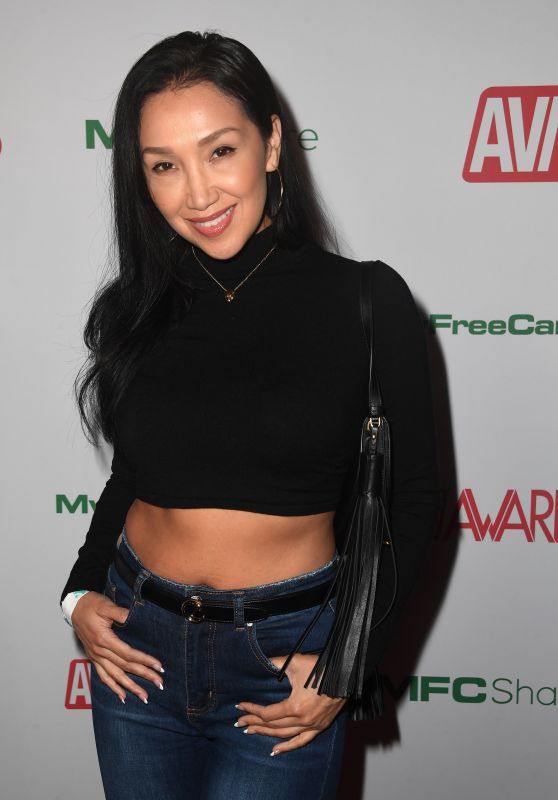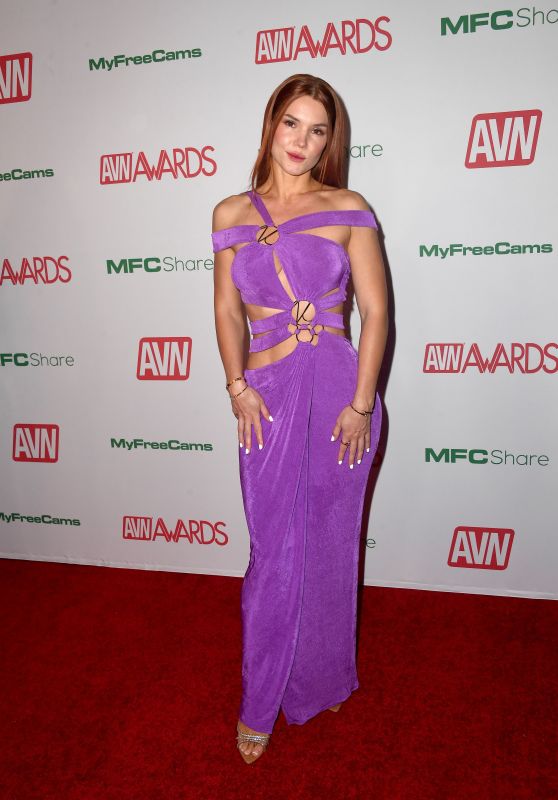Midway through Tyler, the Creator’s fifth studio album, Flower Boy, the song “Garden Shed” comes sauntering through the speakers.
Despite the LP’s first half of oddly-timed Moog drums, lush electric keys, and thumping cosmic trap, the track still comes out of nowhere. To that point on Flower Boy and on his early albums, Bastard and Goblin, one could expect a certain level of petulance in the beats: midtempo percussion that stomped and stumbled, piano chords dwelling in the lower register, bass drops so violent they threatened short-term hearing. On later albums, Wolf and Cherry Bomb, he flirted with a more subdued approach, but the more brash and brambly sonics still took a commanding front seat. But on “Garden Shed,” a sensual slow-burner influenced by 1970s Quiet Storm soul, Tyler swapped rage for romanticism. We hadn’t heard that from him (to that extent) before. This openness continued on the album’s next song, “Boredom.” Atop warm acoustic guitars and radiant synthesizers, Tyler fell into old habits, fussing about monotony the way he’d usually fuss about anything. This time, because of the music, he doesn’t sound as cranky. So even when Tyler laments the room he’s been in (“my eyeballs are turnin’ to drywall”) and discredits his friends (“fuck ‘em, I’m over ‘em”), the beat and the angelic backing vocals—thanks to Rex Orange County, Anna of the North and Corinne Bailey Rae—put listeners in a calmer headspace. He’s still agitated, but his brow isn’t furrowed. To my ear, “Garden Shed” marked the turning point in his production, the moment his personal and creative maturity aligned.
While much has been written about Tyler’s albums and the themes in his lyrics, his role as a producer often gets overlooked. He’s released eight studio albums throughout a career that spans 15 years and he’s produced every song. A deep dive into his production and how it's evolved over the years is overdue. At 33, Tyler is still making a case for Greatest Rapper/Producer of All-Time, and his recent music shows that he’s on the path.
Tyler, the Creator’s approach as a producer
The arrangements on Tyler’s new album, CHROMAKOPIA, conjure the late-2000s and early-2010s era of big drums and emotive piano, not unlike Kanye West’s production on the albums Graduation (2007) and My Beautiful Dark Twisted Fantasy (2010). With its stampeding drums and choral-like singing, courtesy of the vocalist Daniel Caesar, “St. Chroma” evokes the pageantry of West’s “Dark Fantasy.” Another song, the triumphant “Balloon,” begs to be mixed with West’s “Stronger” by a DJ somewhere. And where the beats felt lush and orchestral on Tyler’s previous LP, Call Me If You Get Lost, they seem purposely scaled back here. I can only assume that the instrumental for “Hey Jane” was left bare so the weight of Tyler’s lyrics (about a pregnancy scare) can land forcefully. Still, scant doesn’t mean empty, and just because there aren’t knockout beats like “Wilshire” and “I Thought You Wanted to Dance” on this set doesn’t mean there isn’t much going on. The Zamrock sample on “Noid” properly soundtracks Tyler’s social anxiety, and the warped funk on “I Hope You Find Your Way Home” embodies a man stumbling to his a-ha moment. Sometimes less is more; that Tyler knew when to pull back further proves his mastery of space and silence.
Tyler’s beats tend to take on the character he portrays for said album. For 2019’s Igor, he wore a blond bowl cut wig, dark sunglasses, and chic suits to portray an apathetic figure. In turn, the music felt edgy, rock but not really, with hard drums and gloomy electronics that conveyed romantic heartbreak. For CMIYGL two years later, he became Tyler Baudelaire, the jetsetting shit-talker in fur ushanka hats, V-neck buttoned-down sweaters and white collared shirts. Because the cover art centered Tyler on a travel ID against a white background, in what I perceived as a nod to Ol’ Dirty Bastard’s cover image for Return to the 36 Chambers: The Dirty Version, and because the beats were gritty like old Wu-Tang Clan tracks, Tyler was clearly in his ‘90s bag. Close your eyes and you could hear the Clan rapping on the beat for “Lumberjack.”
Tyler’s compositional approach is akin to other experimental producers like Herbie Hancock, Prince and Stevie Wonder, all of whom eschewed genre and never stayed in one place for too long. I’m not saying that Tyler has reached their respective levels yet, but the way they rooted themselves in jazz, funk, and R&B without tethering themselves is how Tyler operates in rap. Because he rarely works with outside producers, we get to hear his evolution in real time, without the manipulation of co-collaborators who likely couldn’t capture what’s going on in Tyler’s head. Sure, you can call him a rap producer, but it doesn’t quite capture the breadth of what he creates. Ever the cratedigger, Tyler’s music feels expansive and comfortable, informed by lived experiences and not so worried about perfection.
In that way, he reminds me of another iconoclast, the famed beatmaker Madlib, whose broad-based sampling and fondness for texture helped him amass a cult following. With Tyler, the beats seem slightly off-kilter, maybe the drums drag a bit or the synths are a little warped. On CHROMAKOPIA’s “Like Him,” for instance, I hear reverence for doo-wop soul, though it still sounds current—a palatable reference point for younger listeners who only know such music from their grandparents’ vinyl collections. “Balloon” has all these bubbling synths on it, a rightful callback to ‘80s pop acts like Hall & Oates, Wham! and Culture Club. But it also samples a quick, recognizable line from Uncle Luke, bringing gaps between certain consumers whose tastes typically don’t cross-pollinate.
Tyler’s path to all-time greatness
I’ve long admired how Tyler kept it weird and let the world come around to him. I can’t imagine the external pressure he’s faced from industry middlemen to conform to what’s hot, to work with this and that person to bolster his name and bank account, to chase trends despite their short-term longevity. Tyler is no victim, however: His Odd Future collective—an all-star squad featuring Frank Ocean, Earl Sweatshirt, and members of The Internet—made immediate waves in the 2010s. But even as they sneered and joked their way to popularity, they were still the bratty group over there, not fully embraced by aging rap heads who saw them as Wu-Tang lite. As the crew splintered, Tyler was still considered the maladjusted Cali kid who folks couldn’t quite figure out, a notion he laments on the CHROMAKOPIA song “Take Your Mask Off.” When he says, “your beats ain’t placing, them songs ain’t slappin, your raps ain’t ranking” towards the end of the track, you can feel Tyler’s rage against those who declared him too weird to become a star.
Any sort of creativity can be lonely, and it’s especially isolating when you do things that evade immediate comprehension. There’s the wrongheaded claim that it’s too much or too niche, that it’s quirky or, dare I say, not Black enough. But you don’t stand out by doing what everyone else does; instead of adhering to the curve, you create the curve and let others catch up.
 1 week ago
1
1 week ago
1




















 English (US) ·
English (US) ·